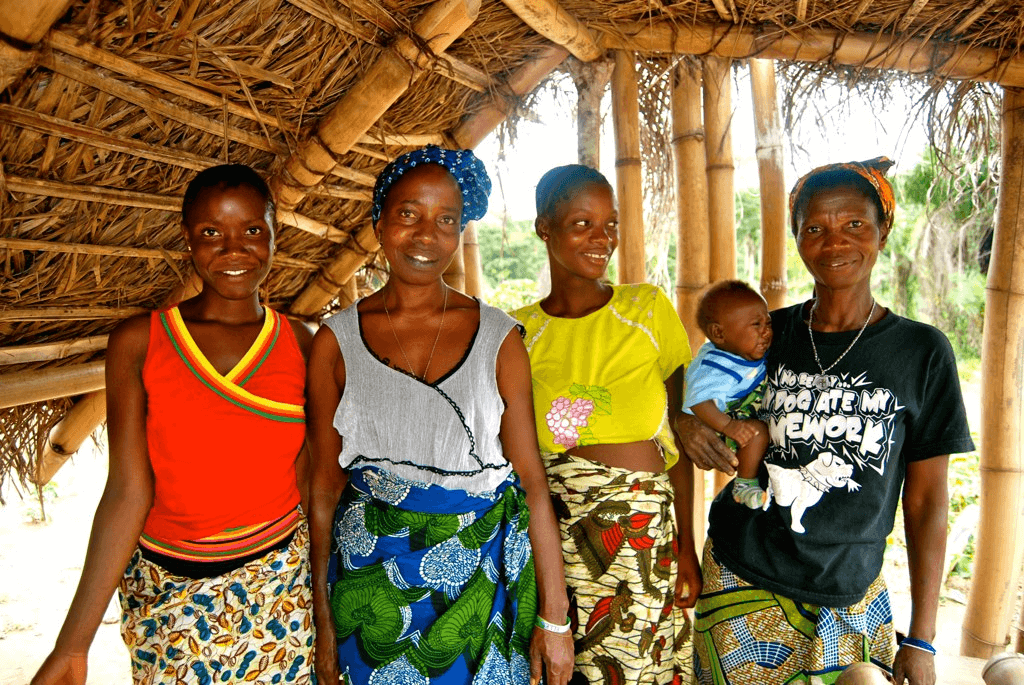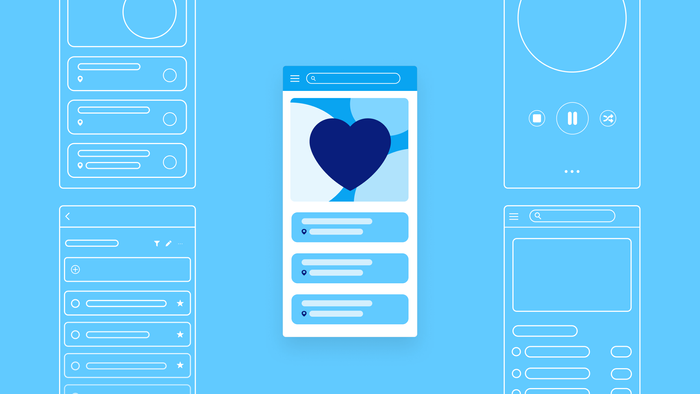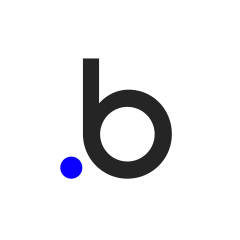Fourteen years ago, Bubble was founded in response to problems around us: Why was it that only a tiny fraction of the world's population could get their ideas off the ground because they’re the ones who had access to financial resources or technical education? Today, Bubble not only lowers the barriers to technical entry but also supports the global conversation around inclusion-based growth through our Founder Inclusion initiative.
With six cohorts under our belt, we’re proud of the work we’ve done so far, but there’s still more ahead. For example, according to the Social Progress Index — which looks beyond GDP to measure human well-being — four out of five people live in a country that's stagnating or declining in social progress. Put simply: After a decade of steady growth, we’re experiencing a global social progress recession. We believe Bubble is in a unique position to help.
Bubble and no-code democratize access to building software. No longer do you need to know how to code to spin up an app and build a technical solution to a real-life problem. For social entrepreneurs in particular, this accessibility is more important than ever — which is why we’re excited to announce that the next cohort of our fully-funded Immerse pre-accelerator program will support people who have social impact at the heart of their missions, and applications open later this month. Together, we can help cultivate greater inclusion around the world.
Whether you already have a nonprofit, are operating a hybrid or for-profit social enterprise, or have a social impact-oriented idea that you’ve been waiting to act on: This is your sign.
What is social impact?
Social impact is a broad phrase that covers a lot of ground — here’s some context on the movement and focus.
In 2015, 193 member countries of the United Nations (UN) developed a shared social impact vision and universal framework in which governments, international organizations, the private sector, and civil societies could work together to improve the quality of life worldwide. The idea is that global challenges require collective action and cooperation among nations and entities to move the needle.
The UN’s Sustainable Development Goals is an agenda that calls out the 17 most pressing social, economic, and environmental challenges of our time, including categories like poverty, education, health, sustainable cities, clean water, responsible consumption and production, and more.
There are a variety of efforts that contribute to making progress in these areas, but one of the most important of our time is technology — access to the tools, systems, and applications that social impact organizations and the communities they support need in order to address their most pressing challenges. With global access to smartphones and internet connectivity rising, this is more urgent than ever. That’s where Bubble comes in.
Using no-code to unlock greater global social entrepreneurship
Mission-driven founders are often pressed to make trade-offs between direct mission-related expenses and operating costs. This is especially true for nonprofits that go the extra step of registering as 501(c)(3) organizations in the United States.
Even when operating expenses are justified, these organizations are measured by the return they provide to beneficiaries, leaving staff to plan and sustain long-term impact with few resources and little infrastructure. This phenomenon, known as the nonprofit starvation cycle, is well-documented by leading social change authorities.
But imagine you could build a solution to a community problem without spending tens of thousands of dollars you don’t have. Imagine you could create an app that shows you the data you need without needing to hire an outside development team. Imagine you could optimize an essential workflow that'd save your organization hundreds, thousands, or even millions of dollars that could be reallocated to on-the-ground work … and imagine you could do it in just eight to 10 weeks, free of cost.
Bubble unlocks faster time-to-market, more efficient iteration cycles, and significant cost savings — meaning you can prioritize your mission rather than anxieties about time and resources.
Social progress isn’t just a mandate for governments, but a responsibility we all hold, including private-sector startups like Bubble. Think about what would happen if the no-code movement turbocharged social entrepreneurs in a meaningful and intentional way — we’re willing to bet we could tip the scale on making forward, positive social progress.
Helping others embrace no-code for social good
I know what it’s like to have a deeply personal mission and feel the pressure of not being able to finance its impact. In 2010, I founded the Gbomai Bestman Foundation, a family-inspired 501(c)(3) with an all-volunteer staff and board. We saw our impact as a labor of love.
When I moved to Liberia to run the organization, I realized we needed more than sweat equity to motivate volunteers and set up a scalable infrastructure. We got in front of the right people, we were at the right conferences, and we were recognized by the government and our peers for our marquee projects, like the Maternal Care Package program. But none of these activities unlocked sustainable funding. We had too many volunteers to be eligible for smaller grants, and we weren’t yet battle-tested enough for larger checks from multilateral organizations.

And so we explored what a hybrid for-profit model of our organization might look like. In one of our very last projects, I designed a case study with 79 young women to learn more about the core problem we were seeking to solve, hoping to unlock insight that could lead to sustainable funding. Though we sunset the venture in 2017, the lessons I learned will stay with me forever — I wish we’d had something like Bubble to have helped us scale. If we had been able to build our own tooling, we could have optimized processes and focused on the mission that mattered.
Apply to Immerse Impact this spring
We are seeking leaders of early-stage social impact ventures who are interested in building a fully-functional app or tool in just eight to 10 weeks — with the support of the Bubble team and mentor community. You might be a founder, on the leadership team of a social enterprise, or someone who’s so early in your journey that you don’t have a registered entity at all.
More than anything, you’re dedicated to a social impact cause and can demonstrate a track record of impact and purpose through work, research, or a personal catalyst.
If you have questions about whether the program is a good fit for your social mission and business, sign up for office hours to talk through your specifics. Otherwise, keep an eye on Bubble’s Immerse webpage for more details.
Applications open April 24, 2024 and close May 24, 2024. Here’s to creating more good in the world.
Build your app on Bubble's Free plan. No need to upgrade until you're ready to launch your app.
Join Bubble





